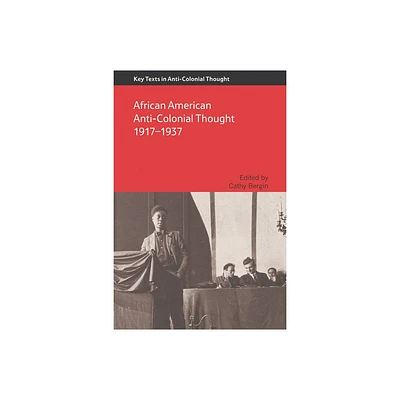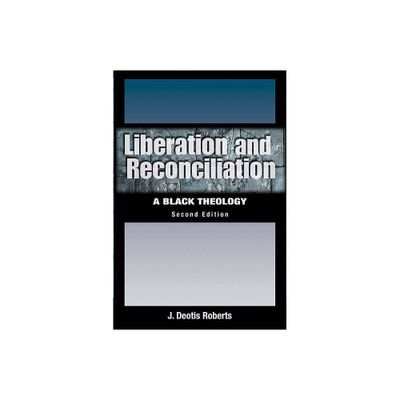Home
Anti-Colonial Solidarity: Race, Reconciliation, and MENA Liberation
Loading Inventory...
Barnes and Noble
Anti-Colonial Solidarity: Race, Reconciliation, and MENA Liberation
Current price: $95.00


Barnes and Noble
Anti-Colonial Solidarity: Race, Reconciliation, and MENA Liberation
Current price: $95.00
Loading Inventory...
Size: Hardcover
*Product Information may vary - to confirm product availability, pricing, and additional information please contact Barnes and Noble
Anti-Colonial Solidarity: Race, Reconciliation, and MENA Liberation confronts the racialization of Middle-Eastern and North African (MENA) perceived peoples from a global perspective. George Fourlas critiques the ways that orientalism, racism, and colonialism cooperatively emerged and afforded the imaginary landscapes of the recently recategorized Middle East. This critique also clarifies possibility, both in a past that has been obscured by the colonial palimpsest, and in the present through exemplary cases of MENA solidarity that act as guideposts for what might be achieved through effective coordination and meaning-making practices. Hence, in confronting the problem of racialization, the author reflects on the conditions of the possibility of a solidarity amongst MENA peoples, and subjugated peoples more generally, that resists the cyclical character of violent domination which has defined colonial power since at least 1492.
Rather than offer a blueprint for a well-ordered free society, however, Anti-Colonial Solidarity explores what is required to enact an open-ended collectivity that resists rigid universalism, as well as reification, and prioritizes reciprocal relations with others and the environment. At once a rejection of orientalist narratives and a critique of solidarity that illuminates defensive possibilities for MENA people beyond the insufficient, yet still necessary, politics of recognition, Anti-Colonial Solidarity is a call to action for MENA people, and subjugated people more generally, to reclaim ourselves and our history from the trappings of colonial domination.
Rather than offer a blueprint for a well-ordered free society, however, Anti-Colonial Solidarity explores what is required to enact an open-ended collectivity that resists rigid universalism, as well as reification, and prioritizes reciprocal relations with others and the environment. At once a rejection of orientalist narratives and a critique of solidarity that illuminates defensive possibilities for MENA people beyond the insufficient, yet still necessary, politics of recognition, Anti-Colonial Solidarity is a call to action for MENA people, and subjugated people more generally, to reclaim ourselves and our history from the trappings of colonial domination.


















